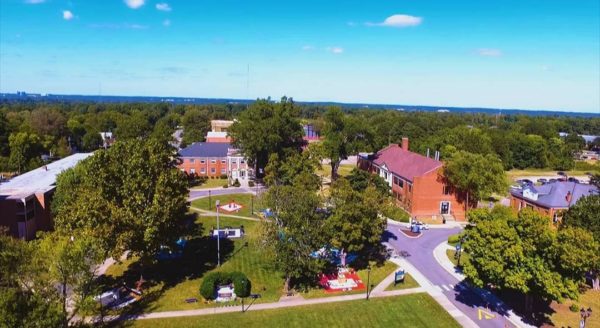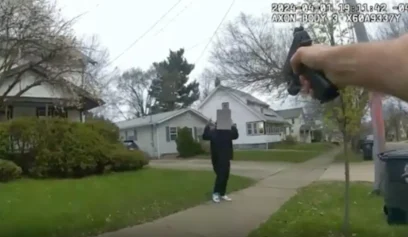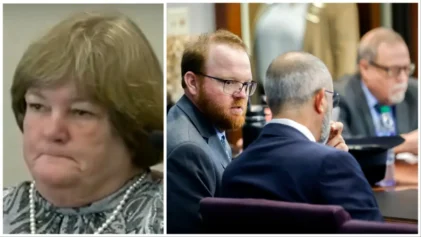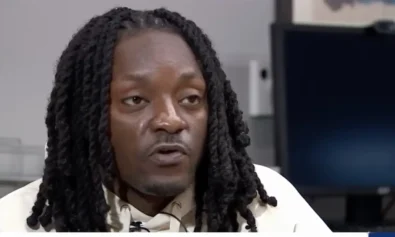A group of athletes from a historically Black university in North Carolina is set to pedal its way into history as the first of its kind to compete in collegiate club cycling.
Saint Augustine’s University in Raleigh, North Carolina, made the announcement on April 29 that the school is forming the first cycling team at a historically Black college or university.

(Saint Augustine’s University/Facebook)
Collegiate cycling, which is not an NCAA sport or sanctioned by any of the usual college athletics organizing bodies, is organized by USA Cycling. Saint Augustine’s, competing at the club level in the Atlantic Conference, will be one tier below the varsity division of the sport.
The coed Saint Augustine’s team will be coached by Umar Muhammad and Dr. Mark Janas, both of whom teach sport management courses in the university’s business school, the university said in a news release.
The program’s founders say they plan to honor the legacy of cyclist Marshall Walter “Major” Taylor, who became the world’s first Black athletic superstar in the late 1890s.
“We’re excited to be the first HBCU to formally have a collegiate cycling team,” Muhammad said in a statement. “What many may not realize is that while cycling might be new to most HBCU’s, African Americans have made huge contributions to the sport of cycling.
“In fact, cycling’s first superstar, and arguably the sport’s first international superstar, was a black athlete named Major Taylor,” he added. “This team plans to pay homage to Taylor, as well as make its own mark on the sport.”
Taylor broke many barriers in the world of cycling, facing the racism and hatred that were aimed at Blacks during the era. Born in 1878, the Indiana native began racing as teenager and had captured seven world records by 1898.
By 1899, Taylor would go on to win national and international championships after competing in Australia, Europe and all over North America. He is considered to be the second Black world champion athlete, after bantamweight Canadian boxer George Dixon. It took until the 1980s for another Black cyclist to achieve similar prominence in the sport, when Nelson Vails won the sprint silver medal in the 1984 Olympics.
Taylor, who retired in 1910 at age 32, wrote about his life on two wheels in his memoir “The Fastest Bicycle Rider in the World,” saying he hoped to inspire other Blacks to succeed against the crushing odds of racism.
“I pray they will carry on in spite of that dreadful monster prejudice,” he wrote. “And with patience, courage, fortitude and perseverance achieve success for themselves.”
It is in the spirit of those words that the 10 student-athletes, several of whom compete in other sports, plan to make their mark in the Atlantic division against dozens of other schools in mid-Atlantic states as they begin competing as early as the coming fall semester.
“We have the opportunity with this team to be part of several ‘firsts,’ Dr. Janas said. “In addition to launching the first HBCU cycling team, the virtual cycling events planned for the Fall will segue nicely into the new sports IT and esports management content offered in the business school.”


